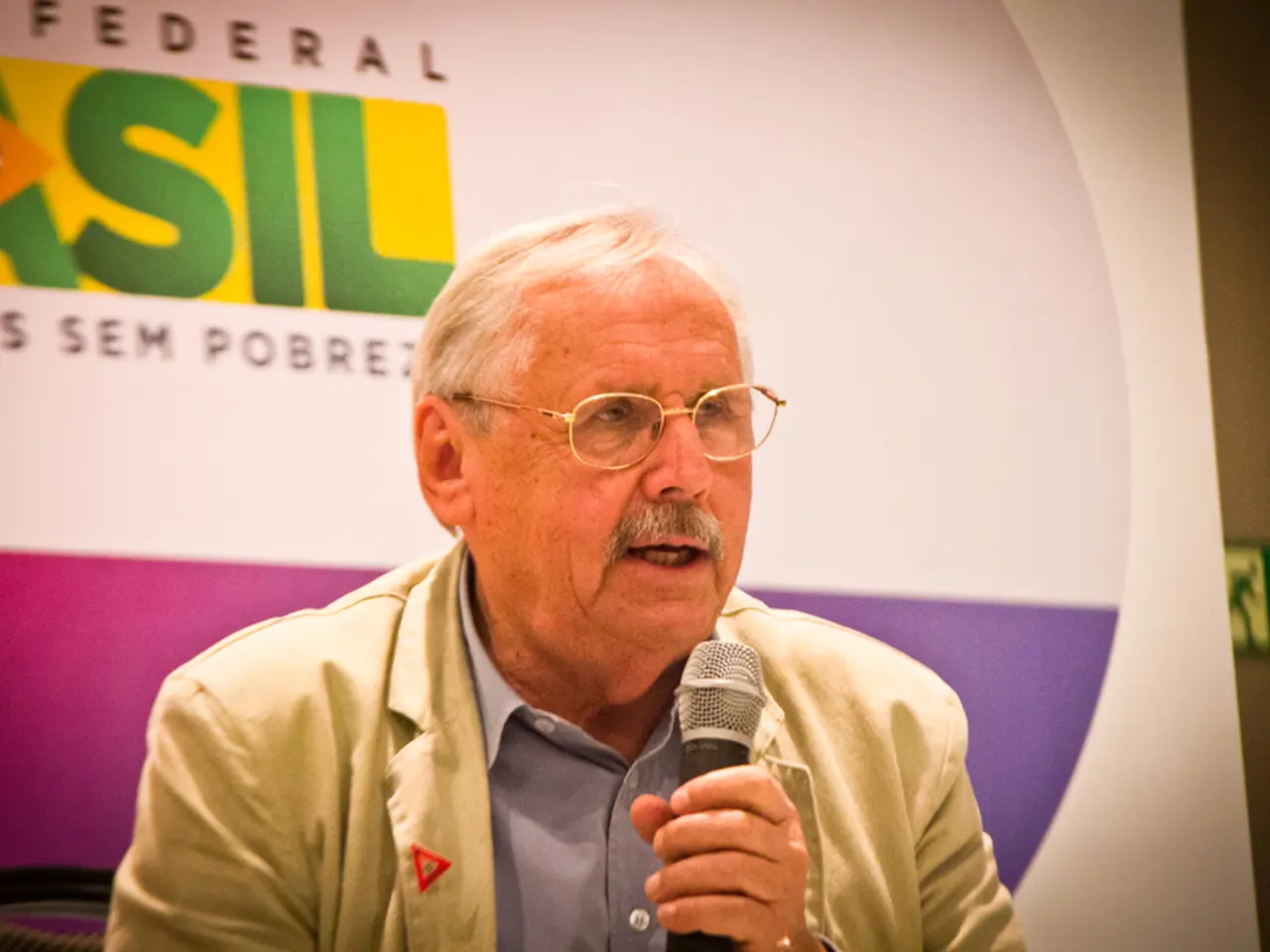Aspiring to claim the second-largest spot in the world of sports, traditionally dominated by football.
In the world of esports, the Electronic Sports League (ESL) has been a significant player for about two decades, with Sebastian Weishaar, its President of E-Sport, leading the charge. Recently, the spotlight has shifted towards another major player – Saudi Arabia.
Saudi Arabia's involvement in the esports industry has been transformative, boosting its growth and funding through substantial financial investments, major event hosting, and strategic infrastructure development. The kingdom aims to invest approximately $38 billion in the gaming sector by 2030, a move that positions it as a global esports hub.
This financial backing supports building local esports infrastructure, hosting massive tournaments such as the Esports World Cup with a whopping $70 million prize pool, and positioning Saudi Arabia as a global esports hub through futuristic projects like Neom and Qiddiya City.
The strategic push into esports is part of Saudi Arabia's Vision 2030 economic diversification plan, aiming to reduce dependence on oil revenues by fostering a digital economy, creating jobs, and attracting foreign investment. The esports market in Saudi Arabia is projected to grow to $6.8 billion by 2030, with expectations of generating over 39,000 new jobs and supporting the development of local studios and competitive gaming.
However, this rapid growth and financial muscle come amid ongoing international scrutiny and criticism regarding Saudi Arabia's human rights record. The heavy involvement of the Saudi Public Investment Fund has led to accusations of "esports washing," where investments in esports and culture are seen as attempts to improve the country's international image despite its controversial sociopolitical issues. These concerns have generated dialogue within the esports community and industry observers, questioning the ethical implications of Saudi dominance in the space.
At the heart of this transformation is the Intel Extreme Masters (IEM) in Cologne, Germany, the largest esports tournament in the country. This year's event, nicknamed the "Cathedral of Counterstrike," saw the Russian team "Spirit" emerge victorious in the final, defeating the German organization "Mouz" in the semi-finals. The final was attended by around 15,000 fans, with the audience at the Lanxess Arena in Cologne visibly euphoric after three days of Counterstrike.
The IEM in Cologne was upgraded to the "Major" category, promising more teams, money, and prestige. The second edition of the E-sports World Cup also generated significant interest, with over a million viewers tuning in simultaneously to the League of Legends final on Twitch alone.
However, the esports boom following the COVID-19 pandemic has revealed that the high expectations for this young scene exceeded reality, and many companies, including ESL, are still reporting losses. Despite this, the esports industry remains a booming billion-dollar market, with the scene prioritising reach over profitability in the long run, but plans to adopt the business model of other sports, with additional content behind paywalls and broadcasting rights generating more revenue.
As the esports industry continues to grow and evolve, the impact of Saudi Arabia's involvement will undoubtedly shape its future, raising important questions about the ethical and political implications of this partnership.
The financial aid received from Saudi Arabia's $38 billion investment into the gaming sector by 2030 will contribute significantly to the funding of esports events, such as the Esports World Cup with its $70 million prize pool. The community aid provided through infrastructure development in the form of local esports hubs and hosting massive tournaments in Saudi Arabia aims to attract more participants and spectators, further boosting the growth of the global esports industry.







